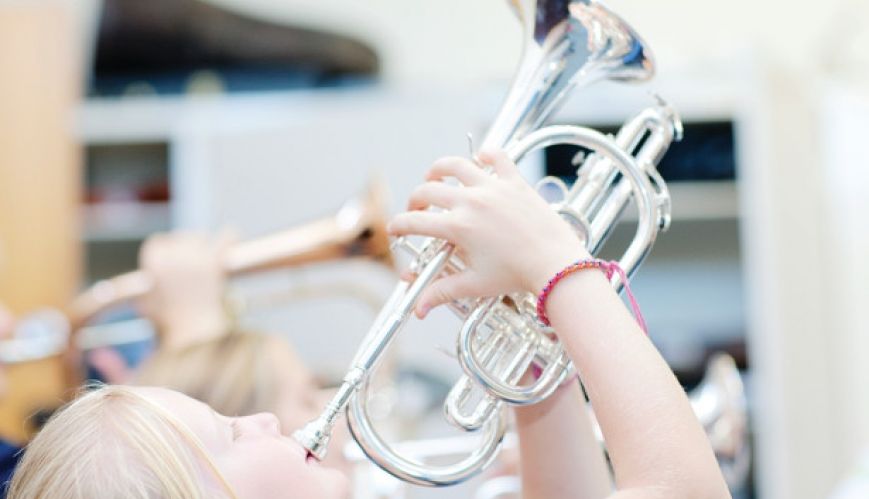'Open' warfare needed in our music sections

'Open' warfare needed in our music sections
5 April 2017
Using God's gift of music to the Army means employing it in ways that "inspires the believer and captures the non-believer".
I was thrilled by the emphasis given in the March edition of Others to the Just Brass concept, originating from the South Barwon Corps in Geelong and now spreading internationally. For The Salvation Army needs more music, not less.
That simple truth was brought home to me some years ago through the inspired insight of a young Salvationist.
I was with a group of teenagers and we were discussing the Army’s future. I ventured the suggestion that perhaps when church historians studied the first hundred and more years of the Army’s history, they would conclude that music had been given a disproportionate prominence in its activities. Should there be less emphasis on music in the Army? That was the question.
“Less music?” asked this young man as if he could not believe his ears. “But why on earth would we want to cut back on the greatest way of communicating that we have? Music is the thing that everyone has in common!
“What do people do when they wake up in the morning?” he continued. “They reach out and switch on music. They listen to music over breakfast. They travel to work with music. Many listen to piped music all day as they work. And then in the evening they return home to the sound of music, and as often as not spend the rest of the day with music – when watching TV or listening to recorded music, or when going out with friends.
“God has given the Army an enormous advantage by entrusting it with the gift of music. It has a ready-made road into everyone’s heart and mind. It has been given a universal language.
“You’re not suggesting,” he added reproachfully, “that we should give up all of that, are you?” The words tumbled out with passion and eloquence – and with irresistible logic. It was one of those moments of insight when the obvious suddenly becomes startlingly clear. And it is obvious, isn’t it? If music is one of God’s gifts to the Army, we don’t want less of it – we want more!”
What we need is music that speaks to every heart. Music that speaks to the traditionalist, and appeals to the non- traditionalist. Music that inspires the believer and captures the non-believer.
Music that appeals to the young, and music that entrances the elderly. High-brow music, popular music, classical music, contemporary music, music for voice and music for brass, and music for keyboard and for guitar. No heart must be left out of reach!
But there is something else we need in addition to all of that, and it is this: We need to use music making, and not only music listening, for mission and outreach. And that is why the Just Brass initiative is so groundbreaking.
As an Army we show admirable ingenuity in devising ways of reaching out to people and attracting them into our halls – one has only to look at the vast range of programs on offer in corps. But we have shown a strange reluctance to use one of the things we know most about, namely music making, as a way of reaching out and attracting people.
Our philosophy and structures have worked against us here. In traditional Army thinking you have to be a signed-up uniform-wearing soldier to participate in the musical sections, senior and junior. And there is no doubt that this has given the Army a remarkable body of musicians who have upheld, and still do, the most admirable standards of music making and discipline. I admire them greatly, and pray that they may go from strength to strength. But my hope is that, in parallel with these sections where they function, we may increasingly use open groups, open to those who have not yet come to faith, and let music making become a means of evangelism.
The use of open groups such as Just Brass is spreading through Austra lia and throughout the Army world. These groups take many forms. In some corps the established sections include non-uniformed and non-Salvationist members, other corps offer music les-sons to young people, or they form open youth or gospel or community choirs or bands. The fastest-growing section in the London corps where I soldier, and the corps’ most effective means of outreach, is a recently launched community choir.
“One way of disarming The Salvation Army”, wrote Bernard Watson in his 1965 history of the Army, “would be to remove its music!” One way of re-arming the Army, says I, is to add music making to our evangelistic armoury.
General John Larsson is a former world leader of The Salvation Army.